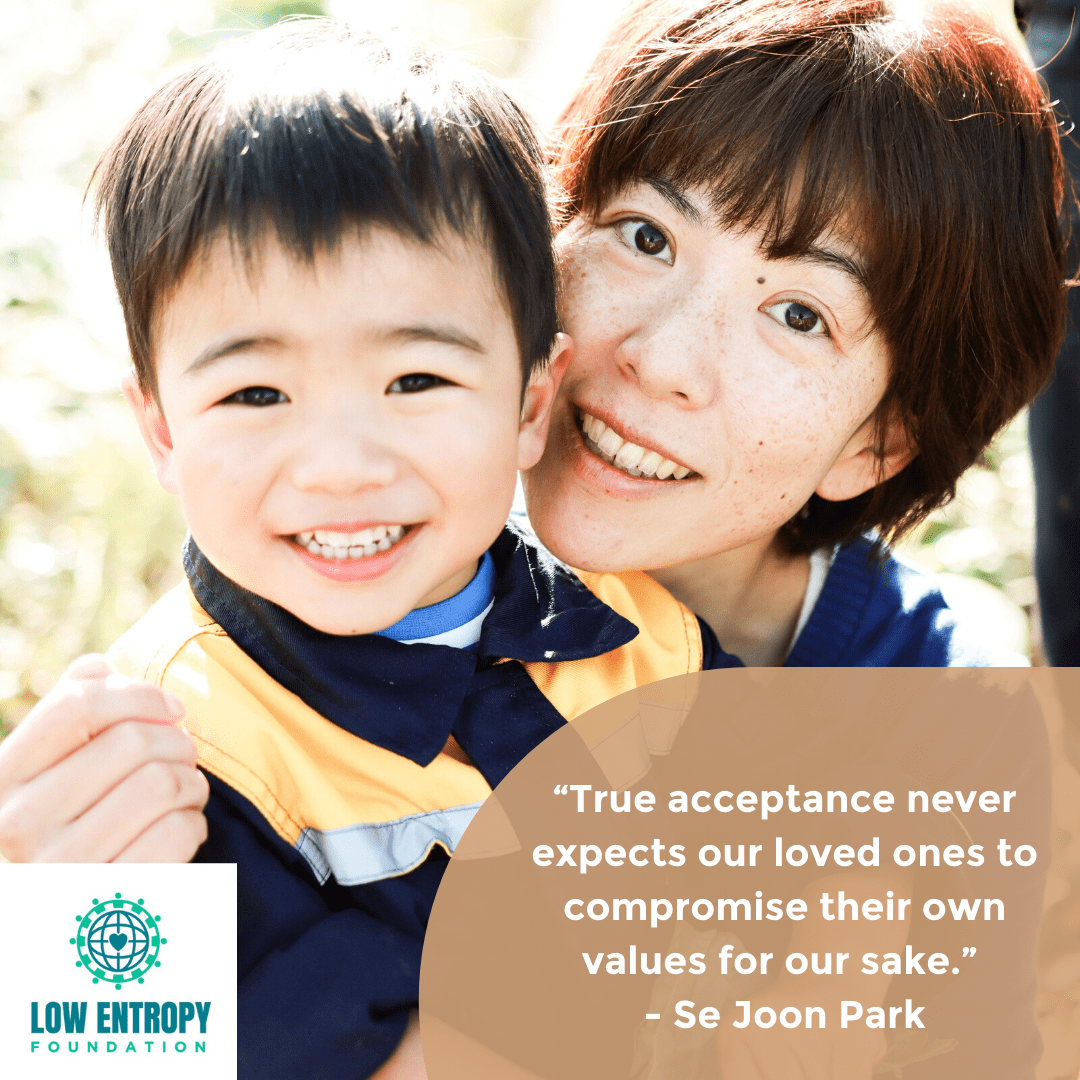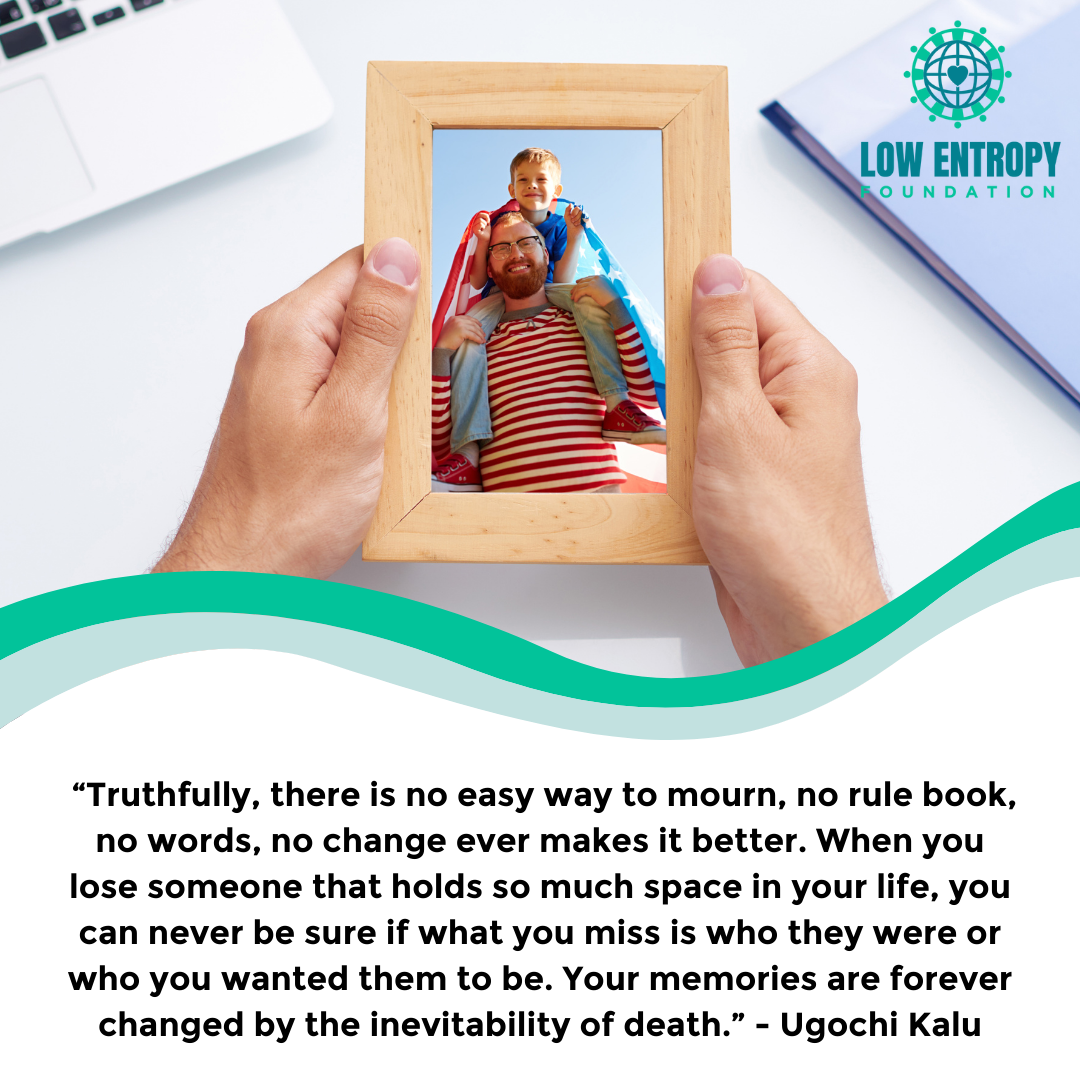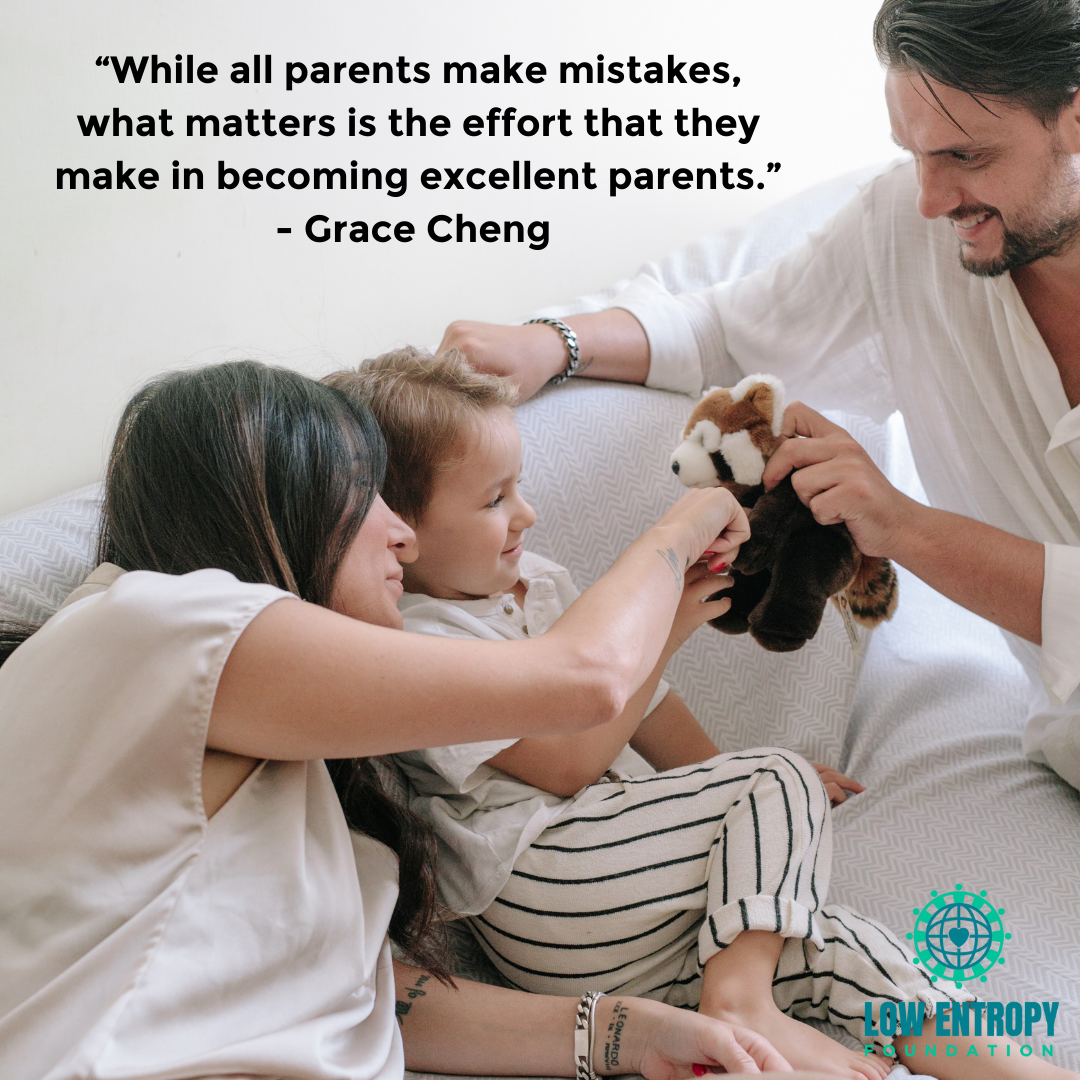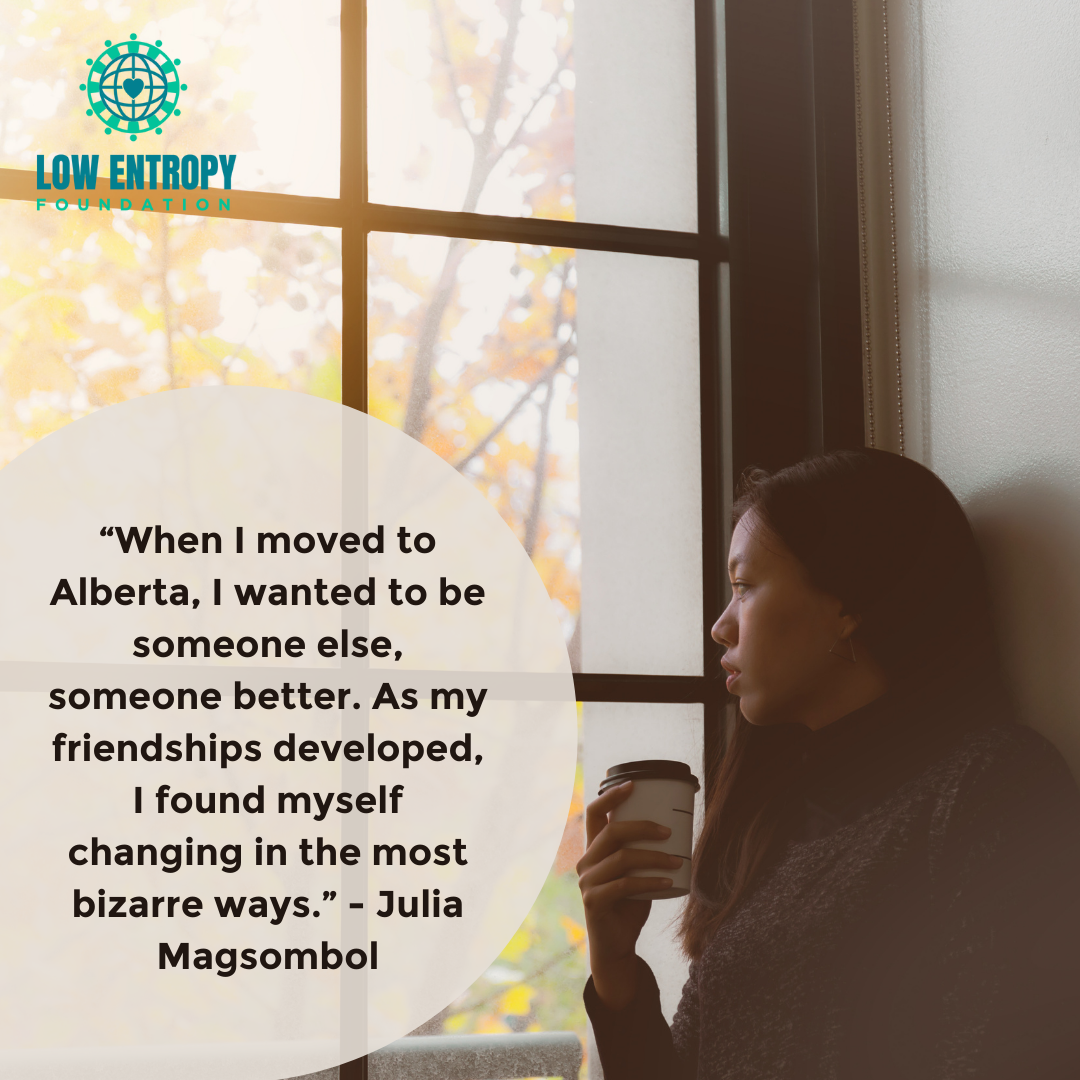Even When it Hurts: A Perspective on Family Conflict and Acceptance
April 20, 2022

Se Joon Park (he/him/his), Low Entropy Volunteer Writer
Words are powerful. They have the power to start quarrels and end prolonged conflicts. Relationships can be broken by poorly spoken phrases or mended over wisely chosen words. This is especially evident within our families. Many people experience divides between family members over words and their unintended meanings, with effects sometimes lasting for years. Why, then, do we choose words that cause pain to those we love over words that can bring healing and encouragement? Why is communicating with family so difficult and what can we do about it?
Not so long ago, I, too, was a single member in the audience of a symphony of criticism. My attempt to share good news with my parents over Zoom — my acceptance to a reputable undergraduate writing program — quickly compelled my mother to begin an uninterrupted, two-minute slam poetry session on what was wrong with my life.
“What is the matter with you? You’re not 21 anymore! When are you going to grow up and get married? Why can’t you take a full-time job like everyone else? Your cousins in America are getting married and starting businesses. Why can’t you be more like them? Do you want to see your father die before you get married? I can’t sleep at night because I am so ashamed and embarrassed. I cannot share any good news with others because I have nothing to boast about my own son!”
Though we certainly had our fair share of quarrels in the past, this was the first time she had burst into tears and anger. And no one else could have crushed me into shame as my mother had in that moment. Heart shattered and mind livid, I walked to the local park with all the burdens of the world on my shoulders. With each step came a wave of pain and anger crashing deep into my soul, as my mind, against my will, replayed the scene in copious amounts of detail: my mother’s eyes filled with tears, her quivering voice that cracked at every other sentence, accusatory words that placed all the blame for her pain upon me.
When my mind was finally at ease after hours of walking in silence, I was left with an uncomfortable question: Why was my mother so inconsolably upset? I wasn’t committing any crimes, nor was I bringing harm upon myself or others. I was only pursuing what I thought would make me happy. I thought they would be proud of me. As I searched through years of memory and everything that had contributed to our quarrel, I came upon three uncomfortable truths: the first two were that our definitions of happiness were irreparably different, and we would never truly see eye-to-eye. The third truth, the one that tied the two aforementioned truths into a single bundle, was the most significant of the three: our difference of opinions should never take away from our love for one another.
We grow upset when our loved ones express ideas that contradict or challenge our own values. I believe that this very expression of our hurt is, ultimately, an indication of how deeply we care for our loved ones and their well-being. However, true acceptance never expects our loved ones to compromise their own values for our sake. We must practice radical acceptance. Radical acceptance never forces. It accepts without agenda, embraces without terms and loves without condition. It is the only bridge that can close the gap between us, from the years of hurt, neglect and pain. Though we may not understand, we choose to love. Though we may go unheard, we choose to accept — even when it hurts. We must also understand that we do not do this alone. It is a mutual decision where we, along with our loved ones, choose to accept one another. We must be in this together.
It was then that I realized that my mother’s expression of hurt was only an indication of how much she wanted to see her only son get married, settle down, work full-time and have the life of her dreams, because to her, and for many other Korean parents, that was the definition of happiness and success.
Both of us had a choice. We could either reject each other or we could choose to accept without the intention of changing each other.
Eventually, I called my parents again. I didn’t scream. I didn’t accuse. I let them know that I was happy on the path I was taking. I expressed my deep desire to do what made me happy. I also told them how much it hurt the last time we talked. After a momentary pause, my mother quietly replied with a defeated “okay.”
I’m not sure if my parents truly understand what I am pursuing. I’m not even sure if they were actually listening. But after a week, as we always do, we called each other again. We asked how each of us were doing and what each of us had been up to. We shared a few chuckles here and there. And, like many other families, we acted like nothing happened. Though none of us mentioned anything about the fight, I like to think that we are choosing to accept each other without the intention to change each other.
—
Se Joon started volunteering at Low Entropy as a blog writer in February 2022. He immigrated to the U.S. from Korea in 2001, where he completed all of his education from secondary school to his postgraduate degree. He left the U.S. in 2018 and has lived in Vancouver since then.
GET INVOLVED
At Low Entropy, we believe changing the world starts with changing ourselves.
Founded in 2015, Low Entropy Facilitates conversations that encourage diversity and promote inclusivity.
We understand that life can be confusing at times. It can seem challenging and sometimes you may feel like no one really “gets you.” We offer an opportunity to connect with others who have the capacity to understand you.









